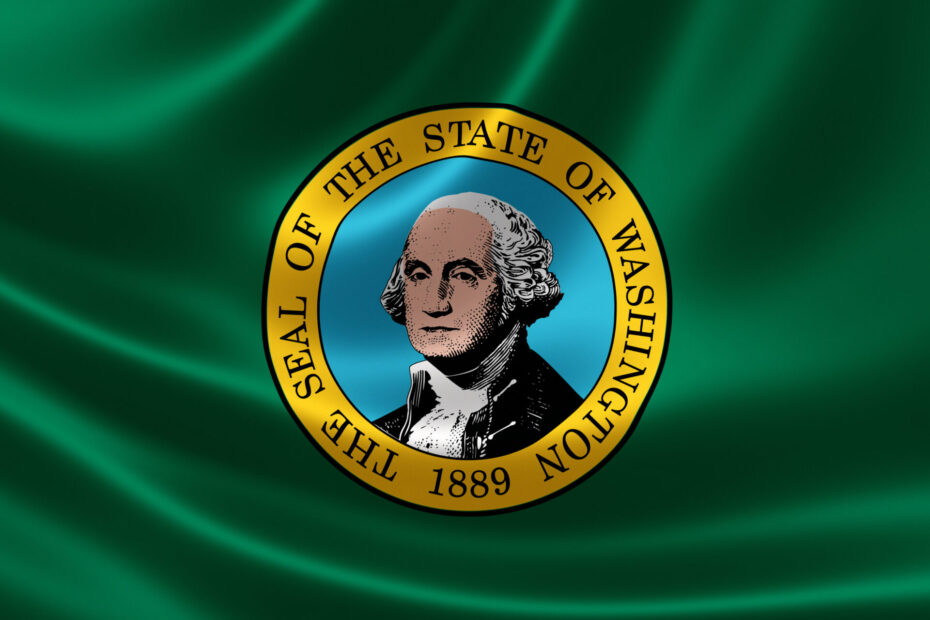Workers in the state of Washington will have several official state holidays to look forward to in 2024. These holidays show the state’s dedication to commemorating important historical occasions, supporting effective leave management, and celebrating cultural holidays, in addition to providing a vacation from the usual work routine.
Washington employees can celebrate significant historical and cultural events it’s not just a day off from work, spend time with family, and relax on these holidays. It is recommended that staff be informed about any formal announcements as the dates of Washington state holidays are subject to change.
Washington official holiday in 2024
- New Year’s Day (January 1, Monday)
- Martin Luther King Jr. Birthday (January 15, Monday)
- President’s Day (February 19, Monday)
- Memorial Day (May 27, Monday)
- Juneteenth (June 19, Wednesday)
- Independence Day (July 4, Thursday)
- Labor Day (September 2, Monday)
- Veterans Day (November 11, Monday)
- Thanksgiving Day (November 28, Thursday)
- Native American Heritage Day (November 29, Friday)
- Christmas Day (December 25, Wednesday)
State holiday policies in the public and private sectors.
In Washington State, there are differences in how state holidays are observed in the private and public sectors:
1. Public Sector
Employees in the public sector usually observe all holidays specified by the state. These are paid holidays for state personnel and frequently required by state legislation. Holidays like Presidents’ Day, Memorial Day, Juneteenth, Independence Day, Labour Day, Veterans Day, Thanksgiving Day, Christmas Day, and Martin Luther King Jr.’s birthday are all included in this.
2. Private sector
But there are big differences in how these holidays are observed in the business sector. Private companies are not required by Washington state law to offer holiday leave on any of these state holidays. Private employers are free to choose whether to provide holiday benefits to their staff, such as paid time off or higher wages on these days. Employers in the private sector may or may not observe the state’s holiday schedule.
Willingness to Comply
Employers in the private sector are free to choose their own time off policies and procedures. They are obligated to abide by these set regulations if they decide to provide their staff time off or pay higher wages on holidays. Due to this flexibility, private companies can customize holiday benefits to better suit their business requirements and corporate culture.
Salary-based, non-exempt employees
Though not required by state law, paid time off on holidays may occasionally be granted as part of a pay package, especially for non-exempt, salaried workers in the private sector.
In summary, while public sector employees in Washington State are likely to have paid time off on state holidays, private sector employees’ holiday benefits are dependent on their employer’s policies. This difference highlights the variability in employment benefits between the public and private sectors
